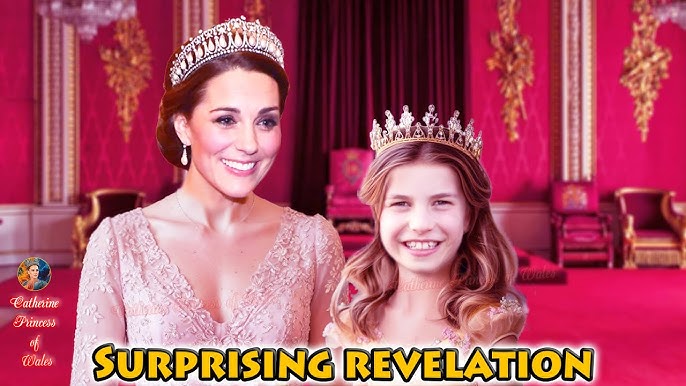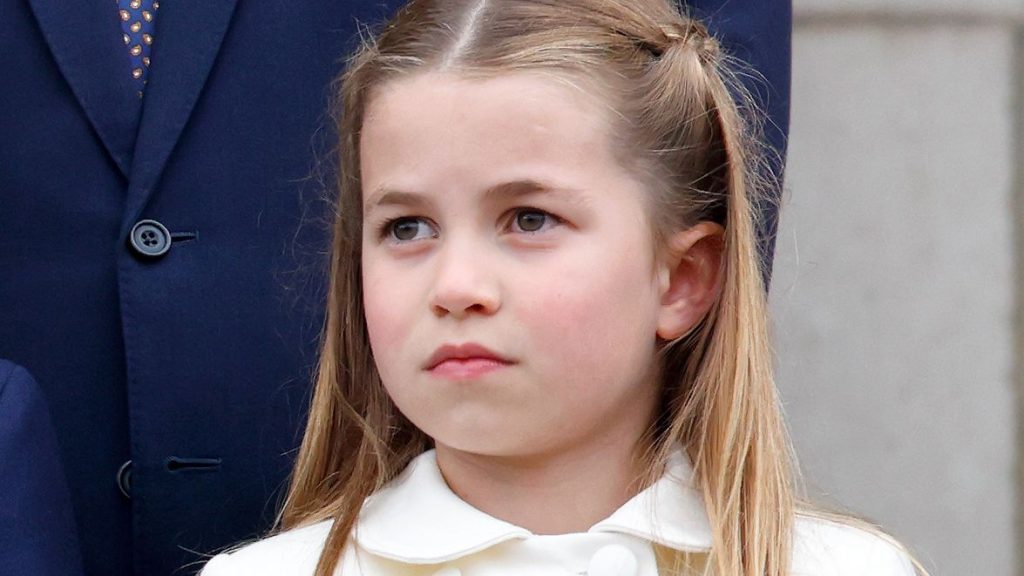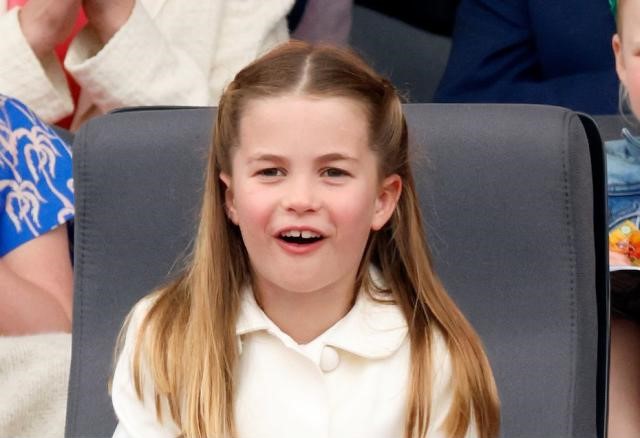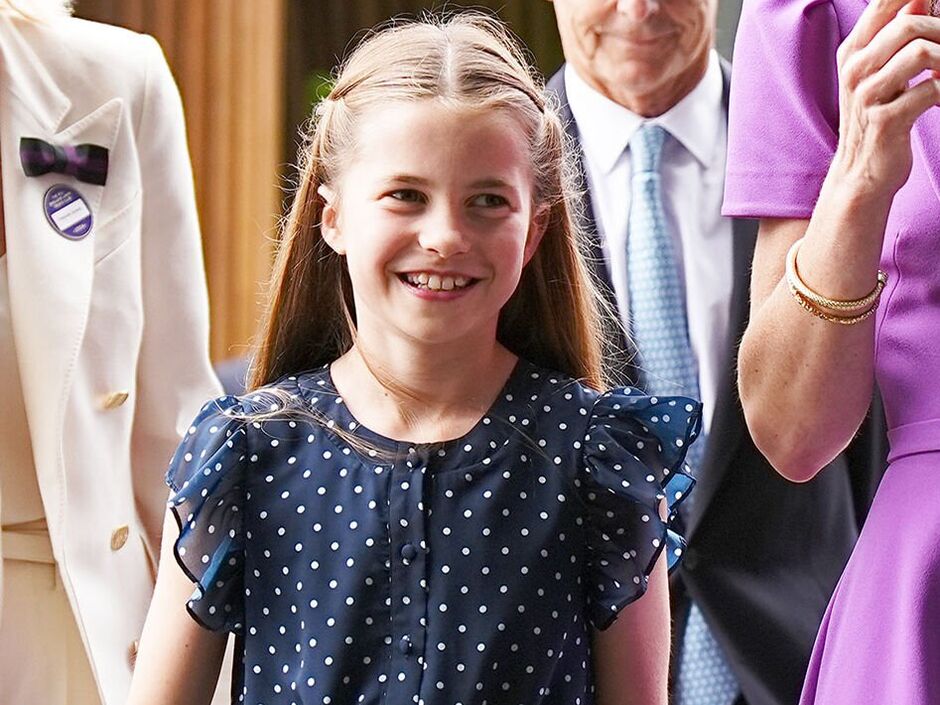
Princess Charlotte Elizabeth Diana, with her striking resemblance to her legendary great-grandmother Queen Elizabeth II, is already shaping the future of the royal family. A young princess growing up with a legacy deeply intertwined with history, Princess Charlotte, the only daughter of the Prince and Princess of Wales, carries a name steeped in history and a future that promises to redefine what it means to be a modern royal.
Her story is not just about titles and privilege—it is a narrative of a young girl born into the heart of the British monarchy, destined to inherit both the weight of her ancestors and the spirit of a changing world. While Charlotte’s royal exterior reflects elegance, beneath it lies a young girl with a strong will and vision for her future—one that balances the grandeur of her royal heritage with the dynamism of the modern world.

Her story is not just one of ceremonial banquets or royal appearances; it’s a tale of transformation, adaptation, and a bright future. Today, we uncover the untold truth about Princess Charlotte, whose life promises to shine brighter than the chandeliers at state banquets, embodying a perfect blend of tradition and modernity, heralding a new era for royalty.
From the moment of her birth on May 2nd, 2015, Princess Charlotte became a symbol of hope and continuity for the British royal family. Less than 10 hours after giving birth, Princess Catherine, looking radiant and composed, stood on the steps of St. Mary’s Hospital with Prince William by her side, waving to the crowds and media with a proud, beaming smile. The moment was iconic—Prince William, glowing with pride, couldn’t help but express his joy as the couple introduced their daughter to the world. They were met with cheers and applause.

In a touching interview with the BBC, Prince William described his newborn daughter as *“a little joy of heaven,”* a sentiment that resonated with parents everywhere. Unlike her great-grandmother, Queen Elizabeth II, who was raised in a much more rigid and formal environment, Princess Charlotte is being nurtured in a setting that embraces both the responsibilities of royalty and the freedoms of modern life.
Prince William and Princess Catherine have made it clear that while their children, including Prince George and Prince Louis, are aware of their royal duties, they are also given the chance to grow up like any other children in today’s world. At the heart of her modern upbringing is the desire to give Charlotte a sense of normalcy. She attends school alongside her peers, enjoys hobbies like horseback riding and ballet, and even participates in family activities like gardening and baking.

As the first female heir in recent royal history to benefit from this shift, Charlotte is poised to play an essential role in shaping the future of the British monarchy. Her presence as a future female leader is already drawing comparisons to her great-grandmother, Queen Elizabeth II, whose reign was marked by strength, wisdom, and unwavering commitment. Many believe that Charlotte will carry these traits into her own leadership, blending the traditions of the past with the forward-thinking approach of the present.
Though still young, Princess Charlotte has already captured the hearts of many with her vibrant personality and poise in public appearances. Whether it’s waving to crowds at royal events, charming the media with her cheeky sense of humor, or showcasing her natural confidence, she has quickly become a fan favorite. Her public persona is a delightful mix of regal grace and youthful exuberance—a reflection of the careful balance her parents have struck in her upbringing.
But behind the scenes, Charlotte is also growing into a role that will require a deep sense of responsibility and dedication. The royal family is not just about public appearances and ceremonies—it’s about service, tradition, and the preservation of a legacy. As she matures, Charlotte will undoubtedly be prepared to take on the duties that come with being a senior member of the royal family, while also bringing her unique perspective as a modern woman in a changing world.